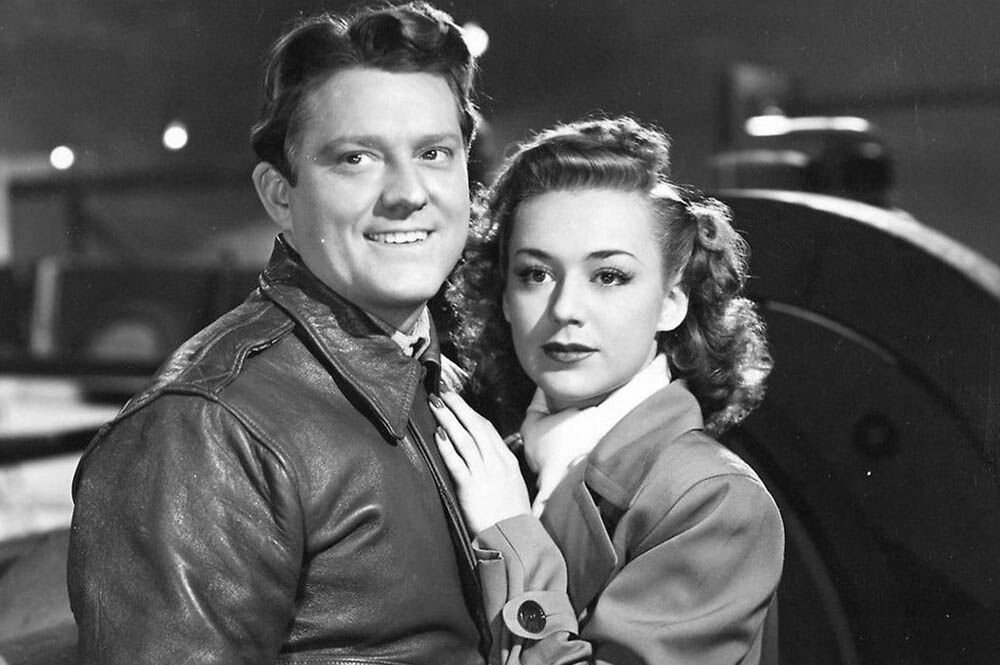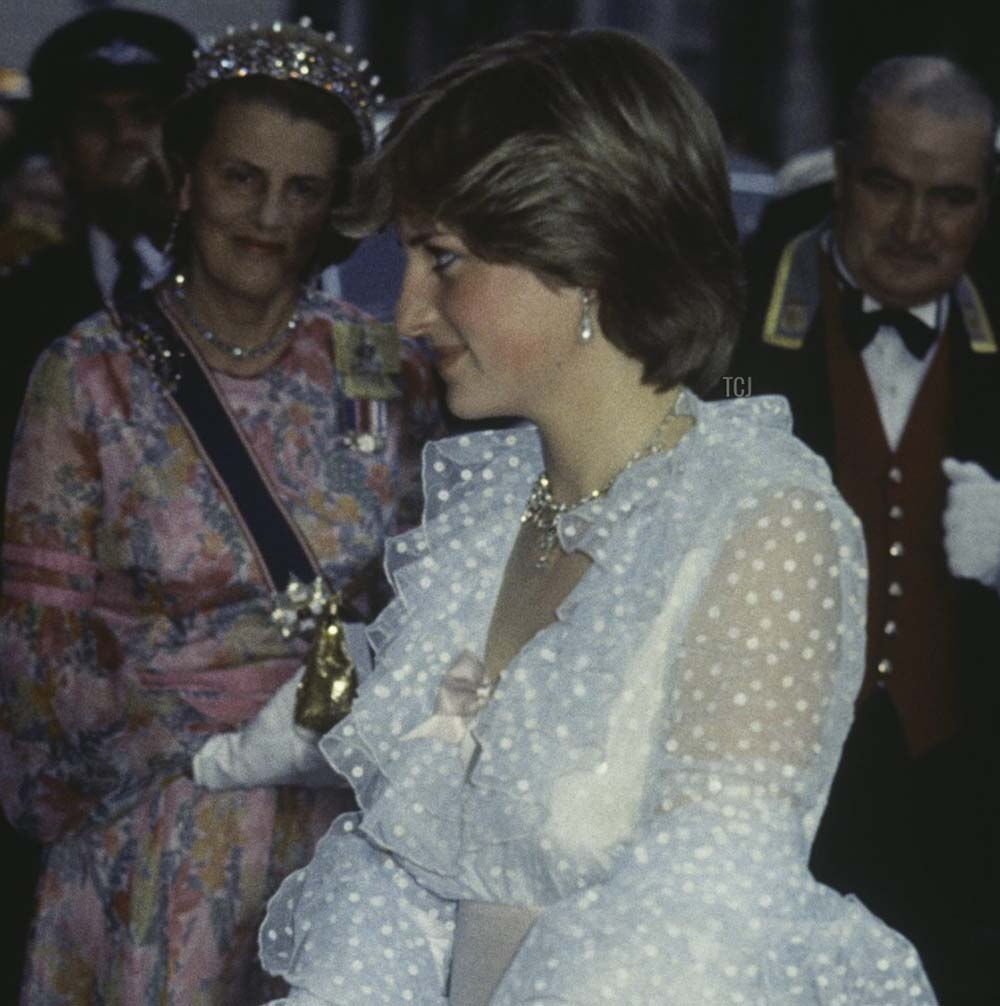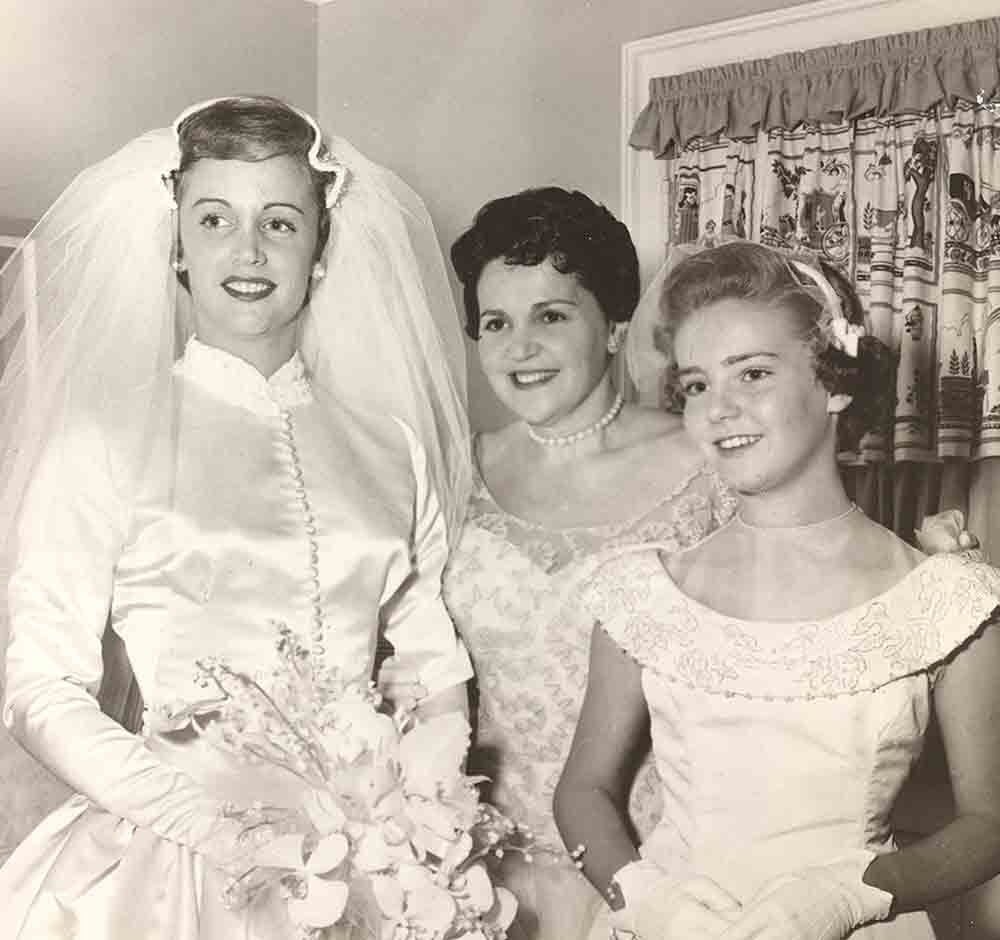American screenwriter Arnold Manoff shaped television and movies. Fans and film historians recall his contributions to Hollywood throughout political upheaval. This article discusses Arnold Manoff’s career, finances, and net worth.
Early Life and Background
Boris and Gussie Manoff had Arnold Manoff on April 25, 1914, in the Bronx. His early experiences in New York formed his viewpoint and supplied the intellectual and cultural atmosphere that shaped his career. Arnold’s parents were Jewish immigrants from Eastern Europe, which shaped his upbringing and worldview.

Career Beginnings
Manoff began his career in the entertainment industry in the early 1940s. His early work was mainly in playwriting and screenwriting, with his first major credits coming in the 1940s. He wrote for various film and television projects, making a name for himself as a versatile and talented writer. His ability to capture both human emotion and the socio-political climate of the time made his scripts stand out.

Rise to Prominence
In the 1940s and 1950s, Arnold Manoff’s career took off. He became known for blending drama and reality in various projects. This time produced No Minor Vices (1948) and The Big Break (1953). He was regarded in the writing world for his narrative structure and character development skills.
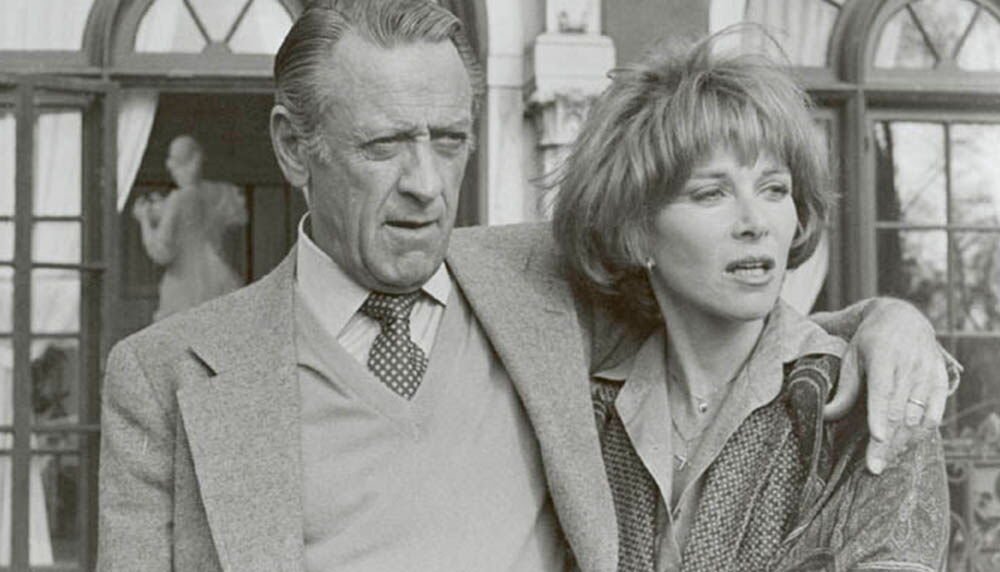
Blacklist Era and Its Impact
During the 1950s, Arnold Manoff’s career took a dramatic turn when he was blacklisted by Hollywood studios due to his political beliefs. Like many others during the Red Scare, he found himself on a list of individuals banned from working in the entertainment industry due to suspicions of communist ties. As a result, he had to write under the pseudonym “Joel Carpenter” for the rest of his career.
The blacklist era was a challenging period for many writers, but it also shaped their creativity and resilience. For Manoff, the experience of being blacklisted influenced his future works, particularly his portrayal of injustice and personal struggle.
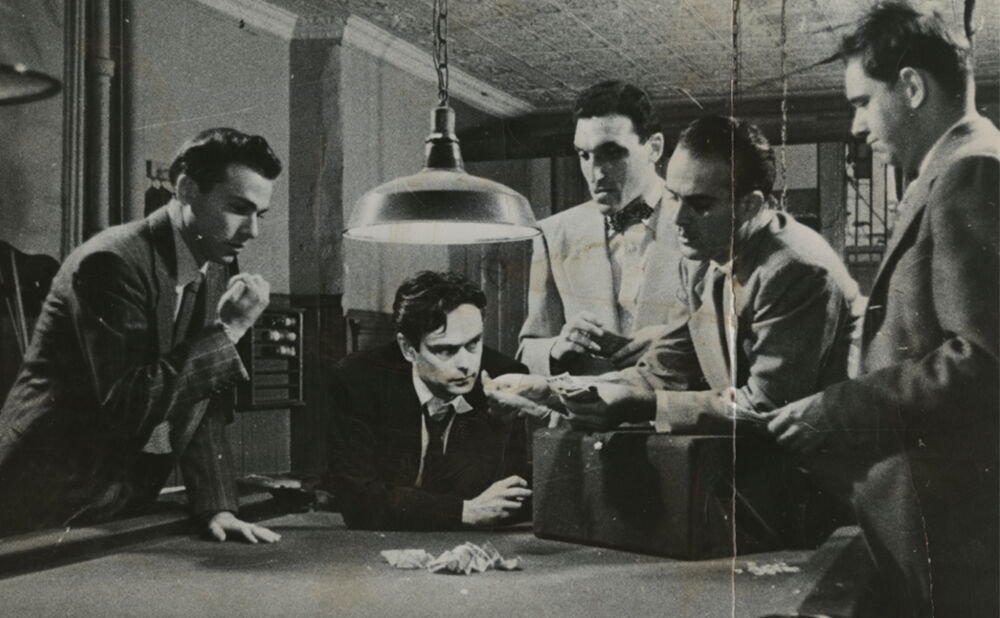
Writing Under a Pseudonym
After being blacklisted, Arnold Manoff continued to write for television, but his work had to be credited to a different name. Writing under the pseudonym “Joel Carpenter,” Manoff managed to keep working in the industry while avoiding the stigma of the blacklist. His continued success under this alias speaks to his talent and determination to remain active in his craft despite the adversity he faced.
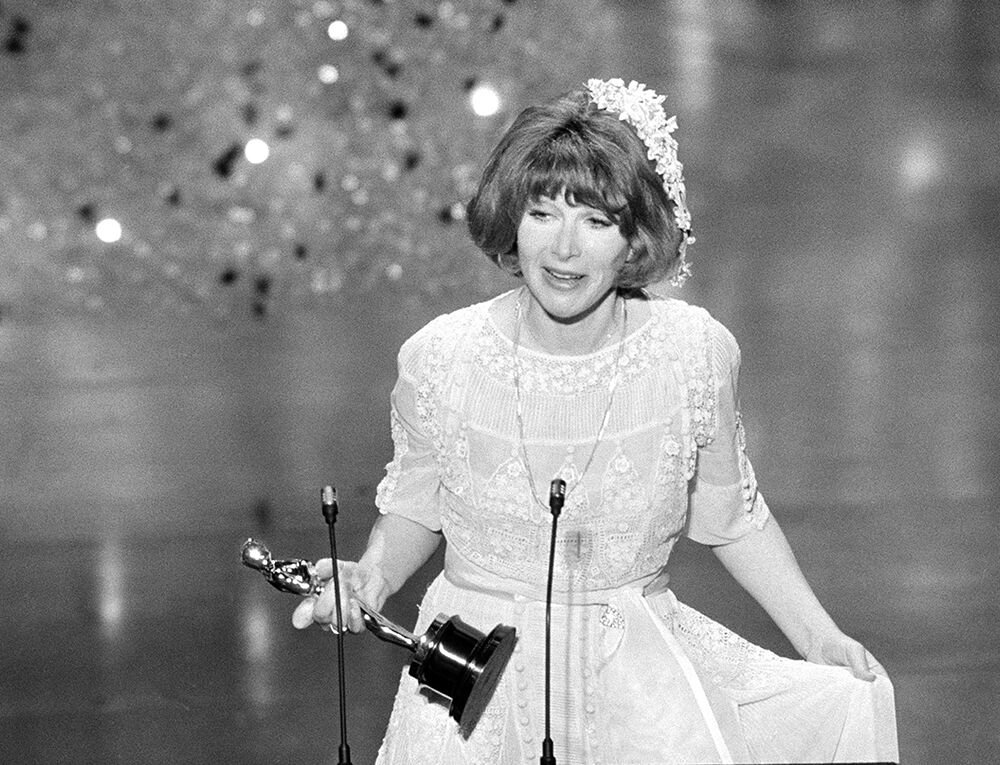
Later Career and Works
Throughout the 1960s, Arnold Manoff wrote numerous scripts for television, most notably for the popular TV series Route 66 and Naked City. Despite the challenges of writing under a pseudonym, Manoff’s work during this time remained highly regarded. His ability to capture the complexities of American life in his scripts kept him relevant in the ever-changing landscape of television and film.
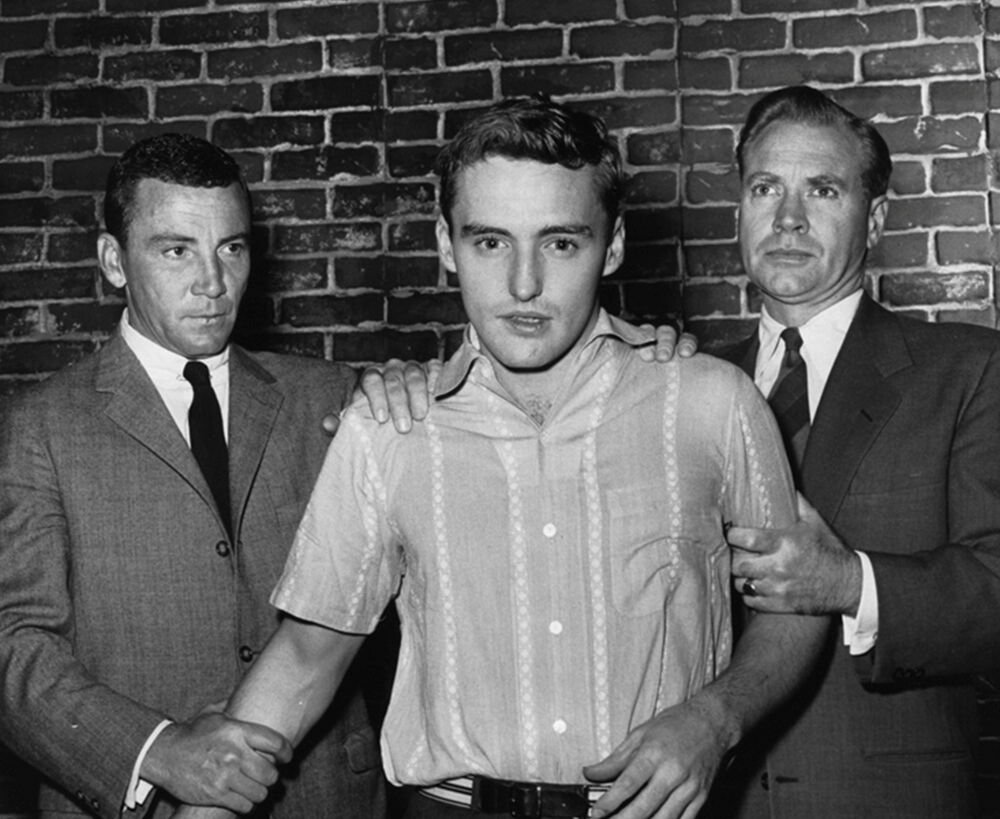
Personal Life and Family
Arnold Manoff was married to actress and director Lee Grant, with whom he had a daughter, Dinah Manoff, who went on to become an actress herself. Their marriage lasted from 1951 until their separation in the 1960s. Manoff’s family played a significant role in his life, both personally and professionally. His daughter, Dinah, followed in her father’s footsteps, gaining fame for her role in the television series Family.
Manoff’s personal life, however, was marked by struggles, including his separation from Lee Grant, which occurred prior to his death in 1965. Despite the personal challenges, he remained a key figure in his family’s entertainment legacy.
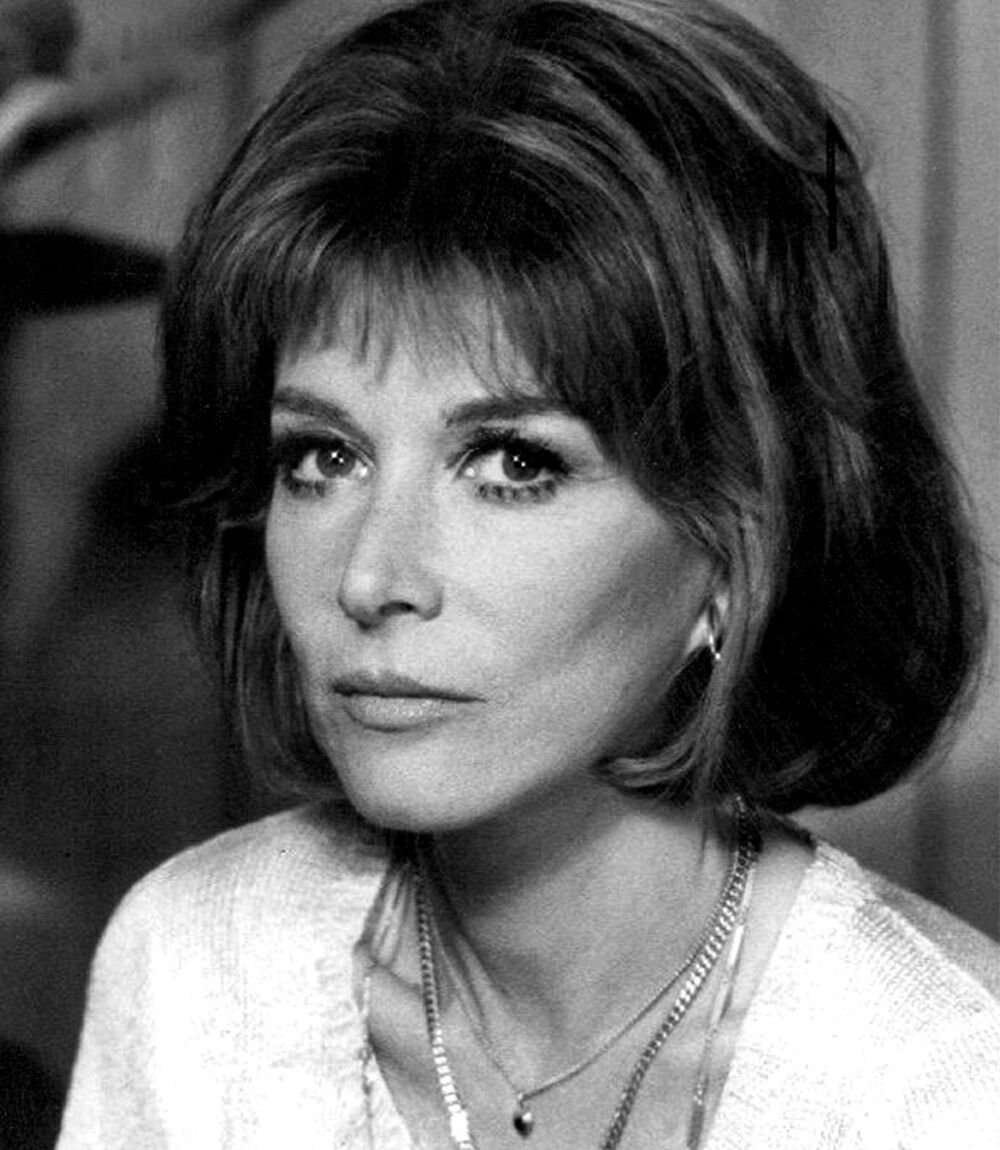
Financial Legacy and Net Worth
Despite the hardships he faced, including the blacklisting and having to write under a pseudonym, Arnold Manoff had a successful career that allowed him to build a modest net worth. While exact figures are difficult to pinpoint due to the nature of his work during the blacklist era, estimates suggest that Arnold Manoff’s net worth at the time of his death in 1965 was between $1 million and $2 million, adjusted for inflation. His ability to continue producing work despite these obstacles speaks to his resilience and skill in his craft.
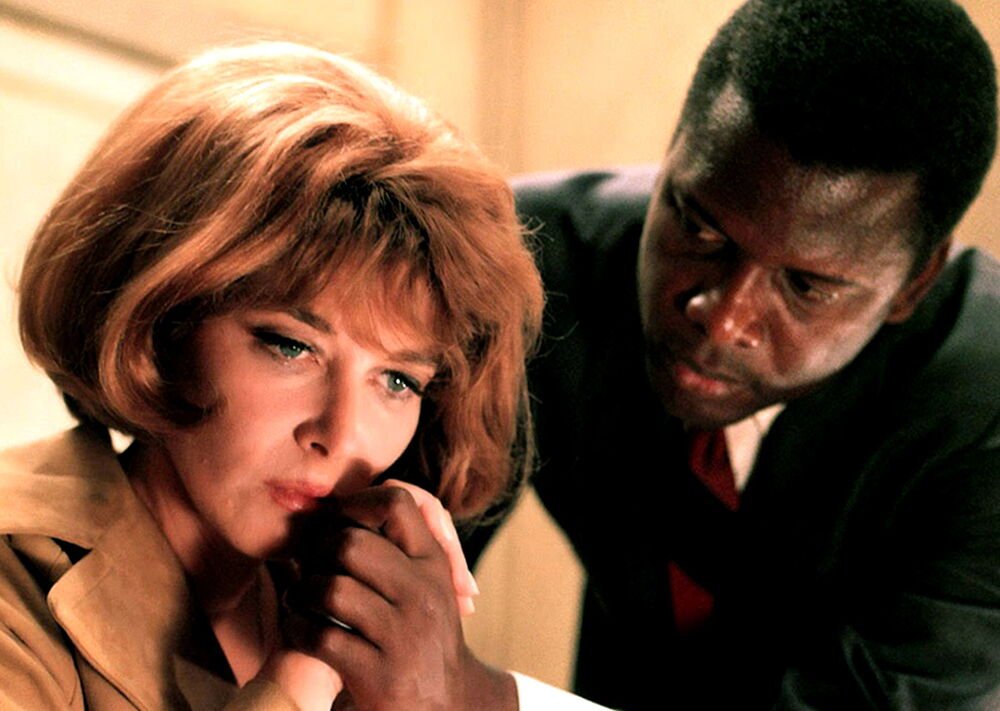
Influence on the Film and TV Industry
Arnold Manoff’s legacy in the film and television industry is undeniable. Despite the challenges imposed by the political climate of the time, Manoff’s contributions to popular culture remain significant. His influence can be seen in the way modern filmmakers and writers continue to tackle social and political issues in their work. His role in paving the way for others who were blacklisted during the era is a testament to his courage and commitment to his craft.
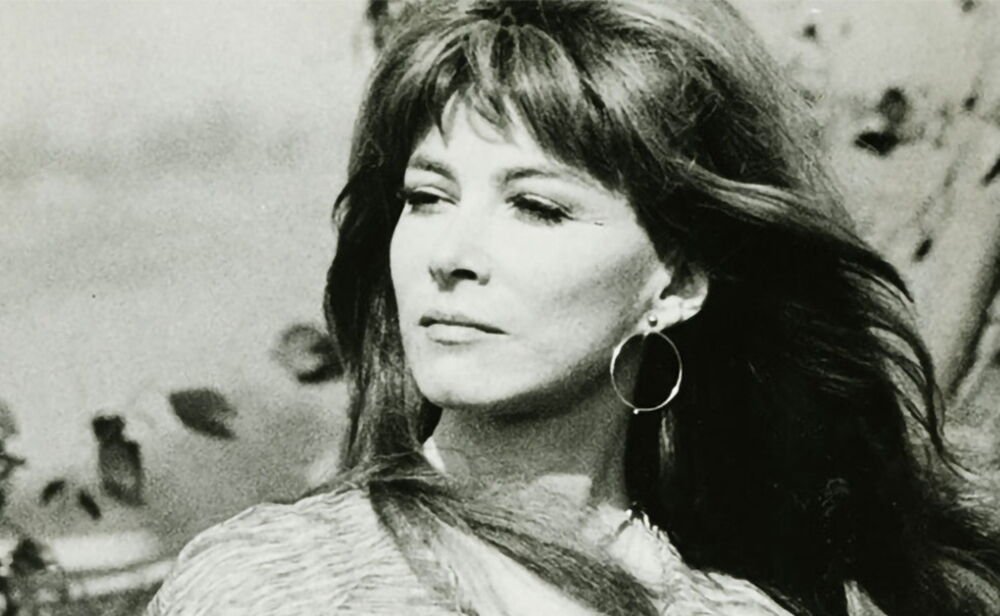
The Front (1976) and Posthumous Recognition
In 1976, the film The Front was released, inspired by the experiences of blacklisted writers like Arnold Manoff. The film, which depicted the struggles of a writer forced to work under a pseudonym, brought attention to the injustices faced by many in Hollywood during the McCarthy era. Although Manoff had passed away in 1965, his life and work were revisited by a new generation, ensuring that his contributions to the industry were not forgotten.
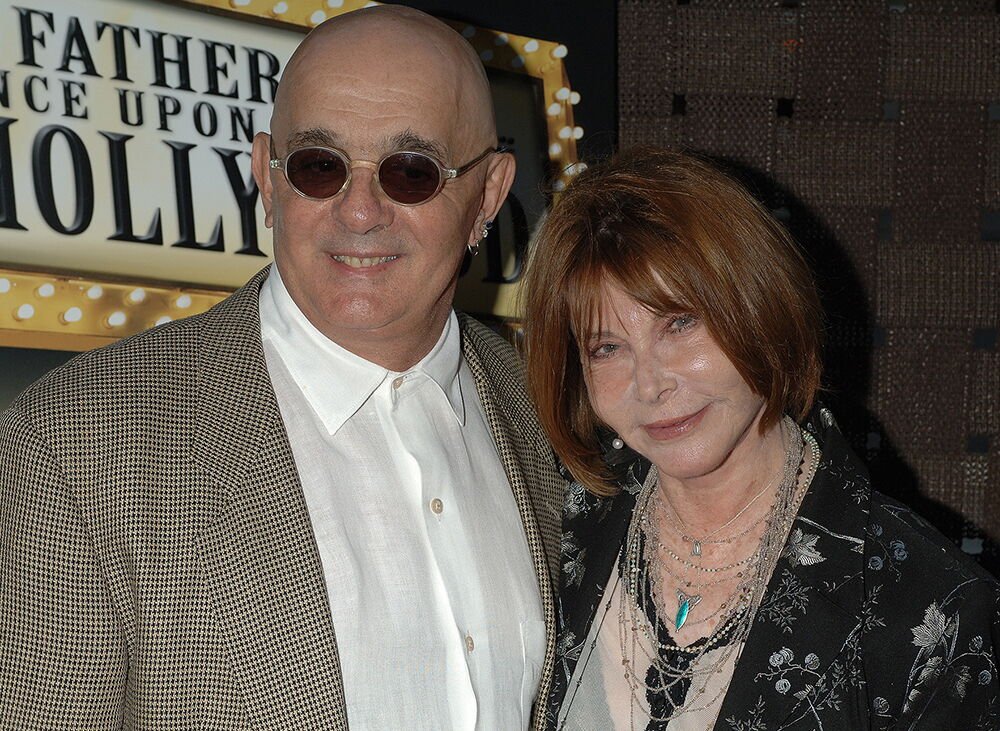
Conclusion: Arnold Manoff’s Enduring Legacy
Arnold Manoff’s career was marked by both triumph and adversity. As a screenwriter, he contributed to numerous films and television shows that remain important to this day. Despite being blacklisted, he continued to work under a pseudonym and left an indelible mark on the industry. His net worth at the time of his death reflected his success in Hollywood, even in the face of political persecution. Manoff’s life and work continue to inspire those in the entertainment industry, and his legacy remains a significant part of Hollywood history.
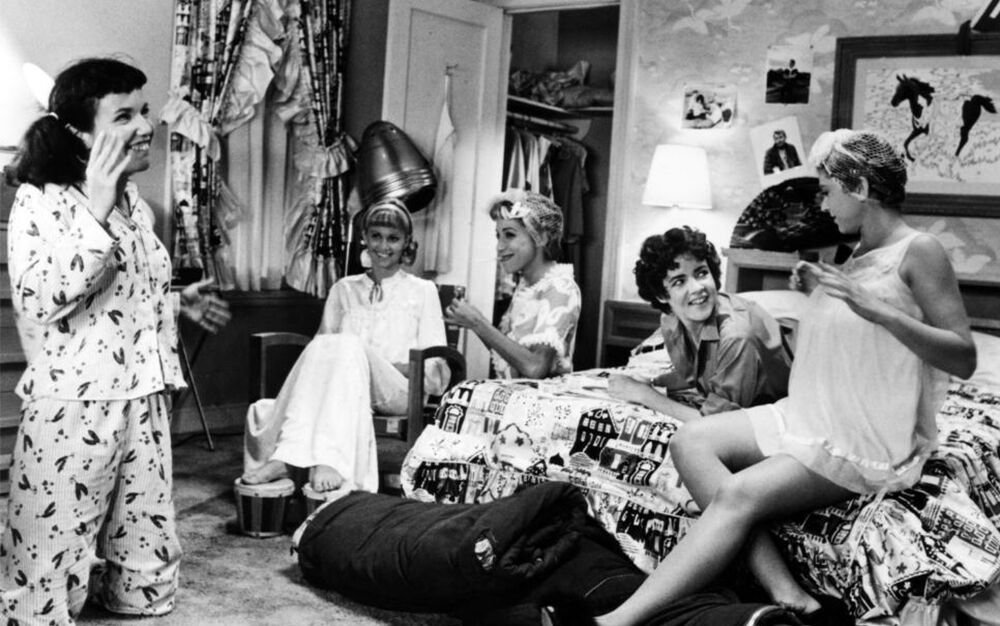
FAQ
Who was Arnold Manoff?
Arnold Manoff was an American screenwriter born in 1914, known for his work in film and television. He was blacklisted in the 1950s due to political reasons, leading him to write under the pseudonym “Joel Carpenter.”
What was Arnold Manoff’s net worth?
Although exact figures are difficult to confirm, Arnold Manoff’s net worth at the time of his death in 1965 is estimated to have been between $1 million and $2 million, adjusted for inflation.
What was Arnold Manoff’s most famous work?
Manoff’s most notable works include No Minor Vices (1948), The Big Break (1953), and TV series such as Route 66 and Naked City, though much of his later work was credited under his pseudonym.
How did Arnold Manoff impact Hollywood?
Manoff’s experience as a blacklisted writer influenced the industry, and his contributions are remembered for their depth, realism, and ability to capture complex societal themes.


